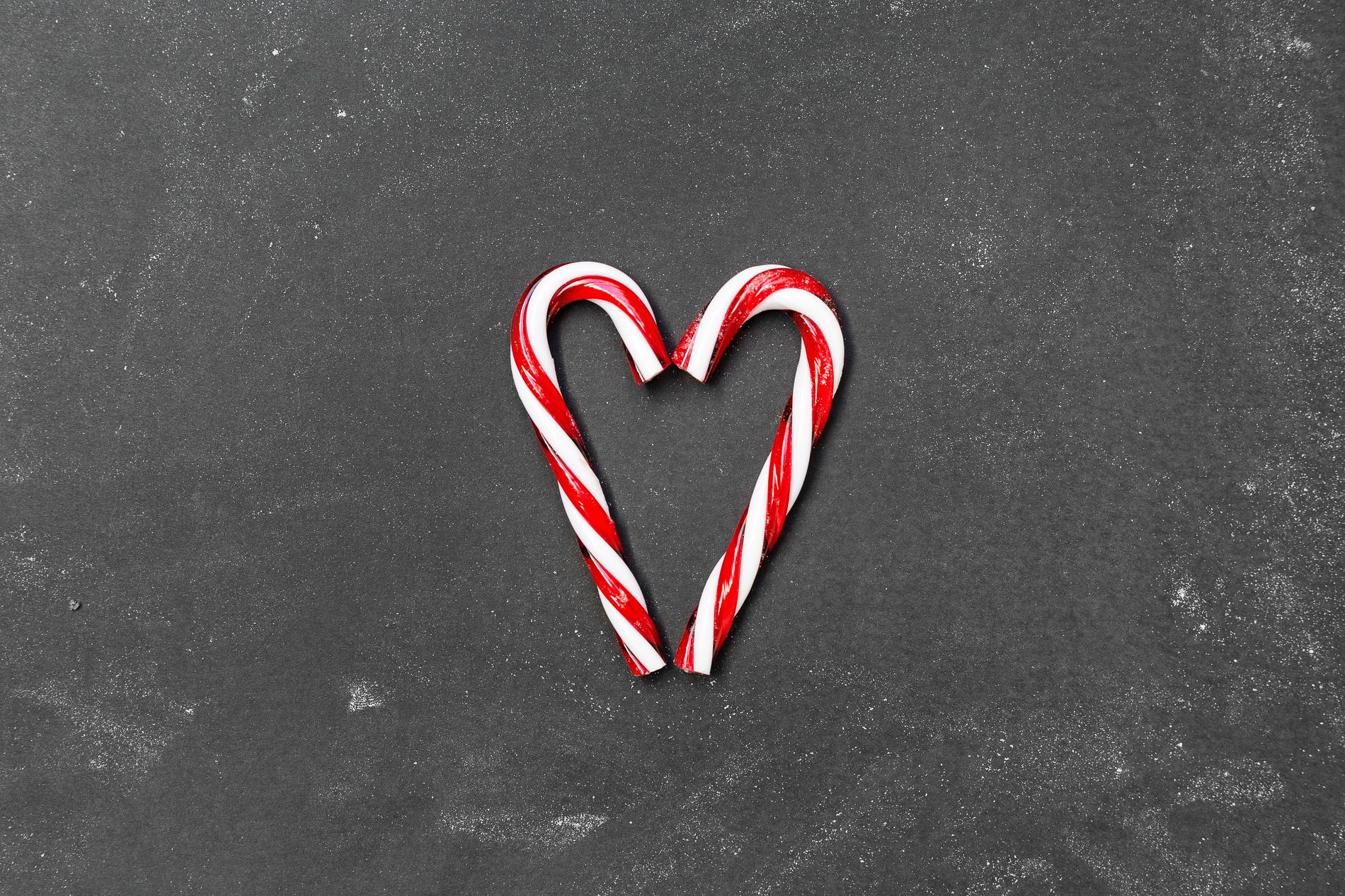
Ash
Dec. 22, 2017, 4:55 p.m.

The holidays present a lot of challenges for people with eating disorders. Not only is there a heavy focus on food, body image, and “healthy” new year’s resolutions, but often there are interactions with distant family members or friends—people you don’t necessarily see on a weekly or monthly basis.
This doesn’t affect me as much anymore, but seeing distant relatives used to be a trigger for me because many of them didn’t know about my gender identity.
As a genderqueer person, seeing anyone who isn’t involved in my daily life can be challenging. Genderqueer, to me, means that I do not fit inside the binary system of gender; I am neither male nor female. I use they/them pronouns, dress in a mostly androgynous fashion (because it’s my favorite, not because genderqueer people need to), and have changed my name.
Many of the people that don’t see me daily, or don’t keep up with my life regularly, still view me as female, or associate me with my birthname and female pronouns. This is exceptionally challenging because of the heavy interaction between my eating disorder and my gender. When people identify me as female, or use female pronouns/my birthname, I tend to feel higher urges for eating disorder behaviors.
Most of the people in my life respect who I am now, and for that I’m both grateful and lucky. However, when I was going through holiday seasons without being vocal about my gender, it was challenging to maintain my recovery. I didn’t want people to perceive my body as female, so I was drawn to eating disorder behaviors to prevent that.
Now that I’m stable in both my identity and recovery, the holidays are much easier for me. However, this isn’t true of all transgender people in recovery. A lot of transgender people don’t have the luxury that I do of being out, or being in a safe enough situation to be out, which can promote the use of behaviors in order to cope.
This holiday season, if you have a transgender friend or relative in recovery, show them some extra support. Respect their wishes as to what they want to be called and what pronouns they want to use during the holidays. Actively show them that you care about them, support them, and will help them make it through the season.
If you are a transgender person in recovery going into the holiday season, remember that it will pass. You deserve to be nourished, regardless of what the people around you think of who you are. Even if they fail to recognize the person you are now, you recognize it, and you have the support of the recovery community. You aren’t in this alone. Be kind to yourself.
Ash is a recent college graduate with a degree in international business. They are a passionate advocate for mental health and gender nonconforming people, both as individual topics and as intersecting topics. Ash works to decrease stigma through writing about their personal experiences.